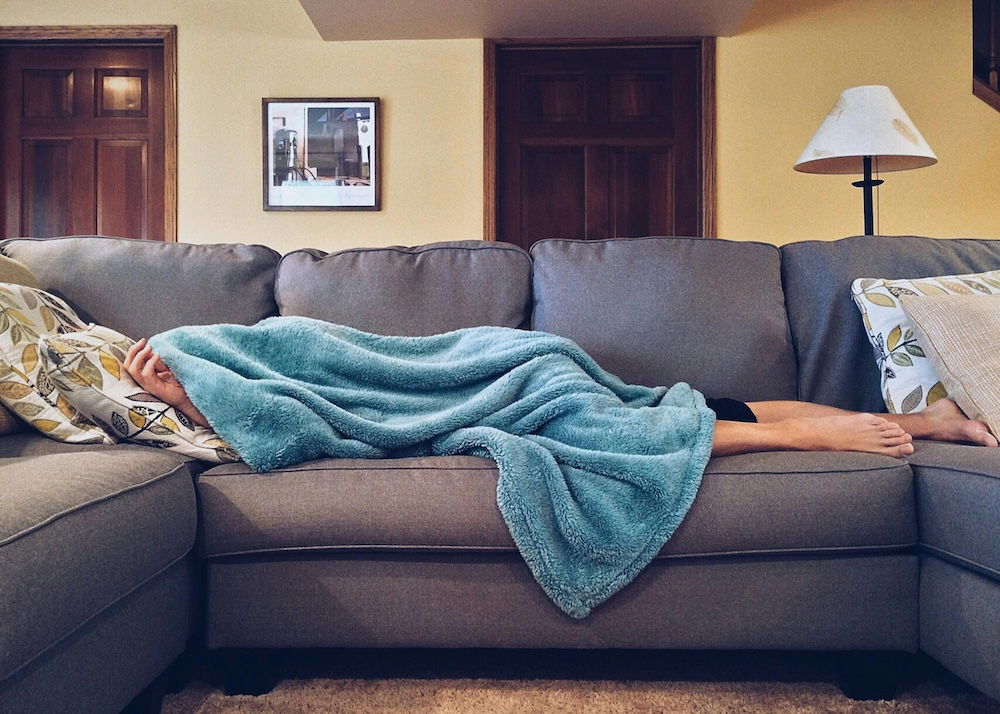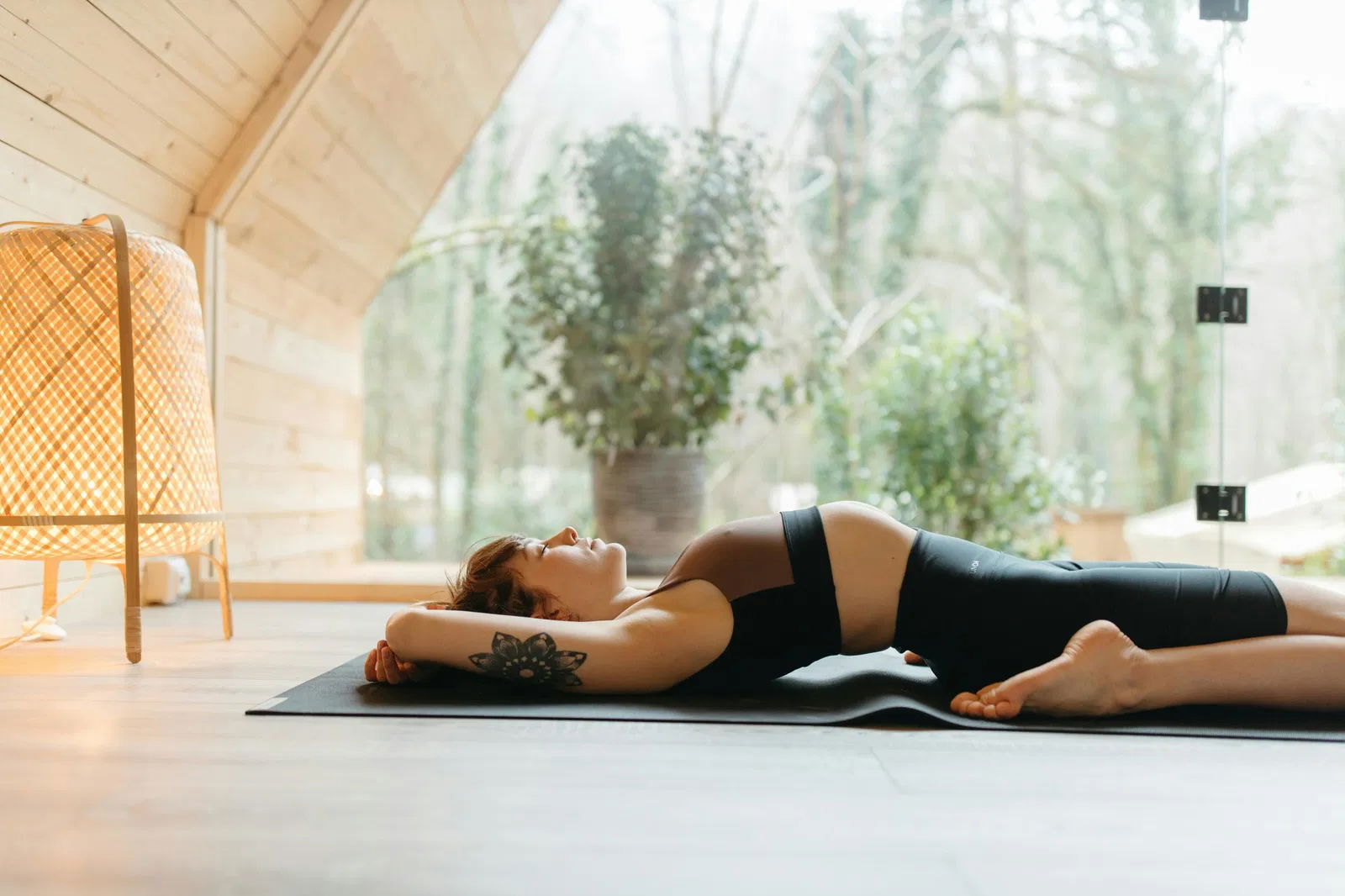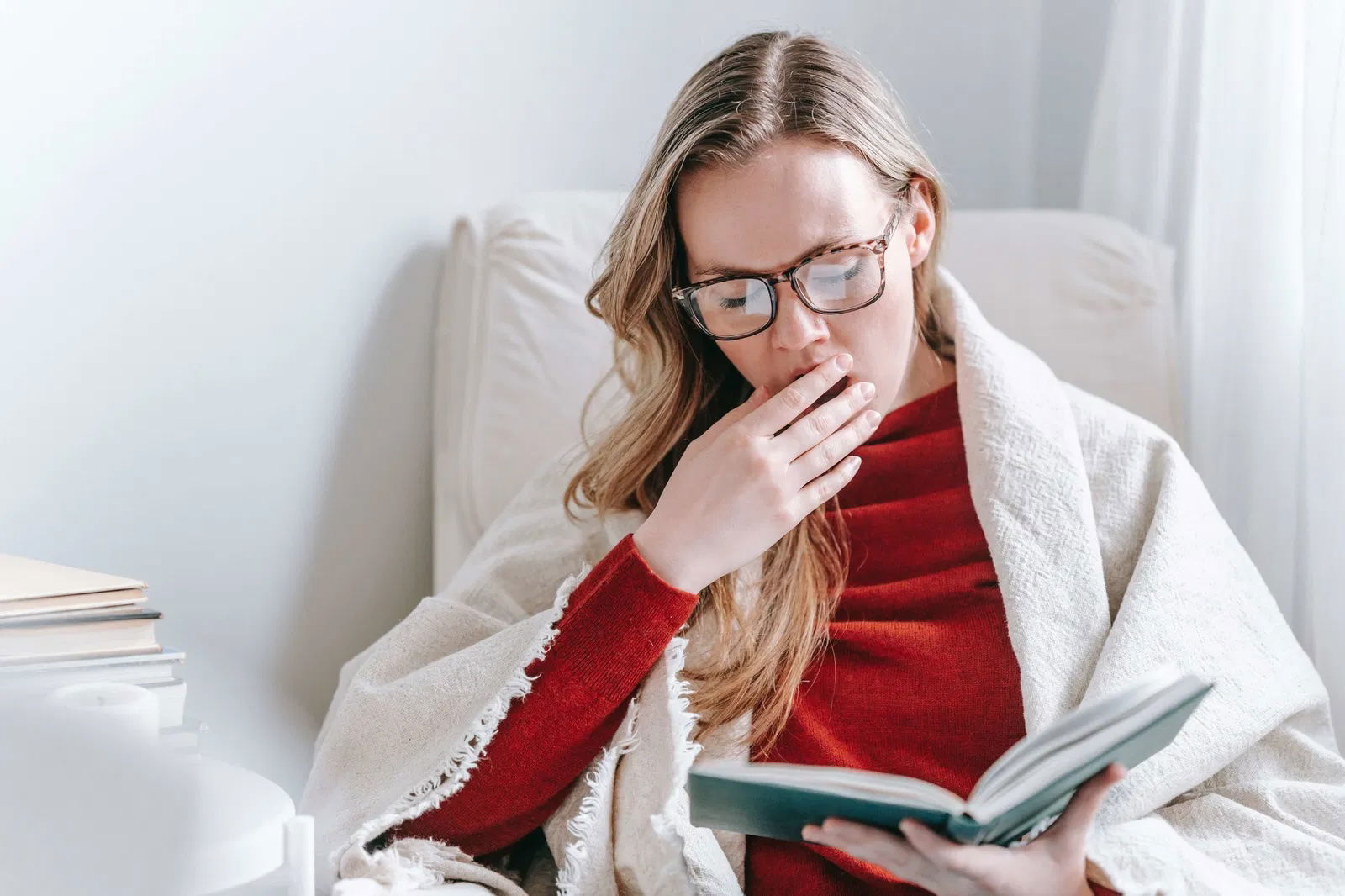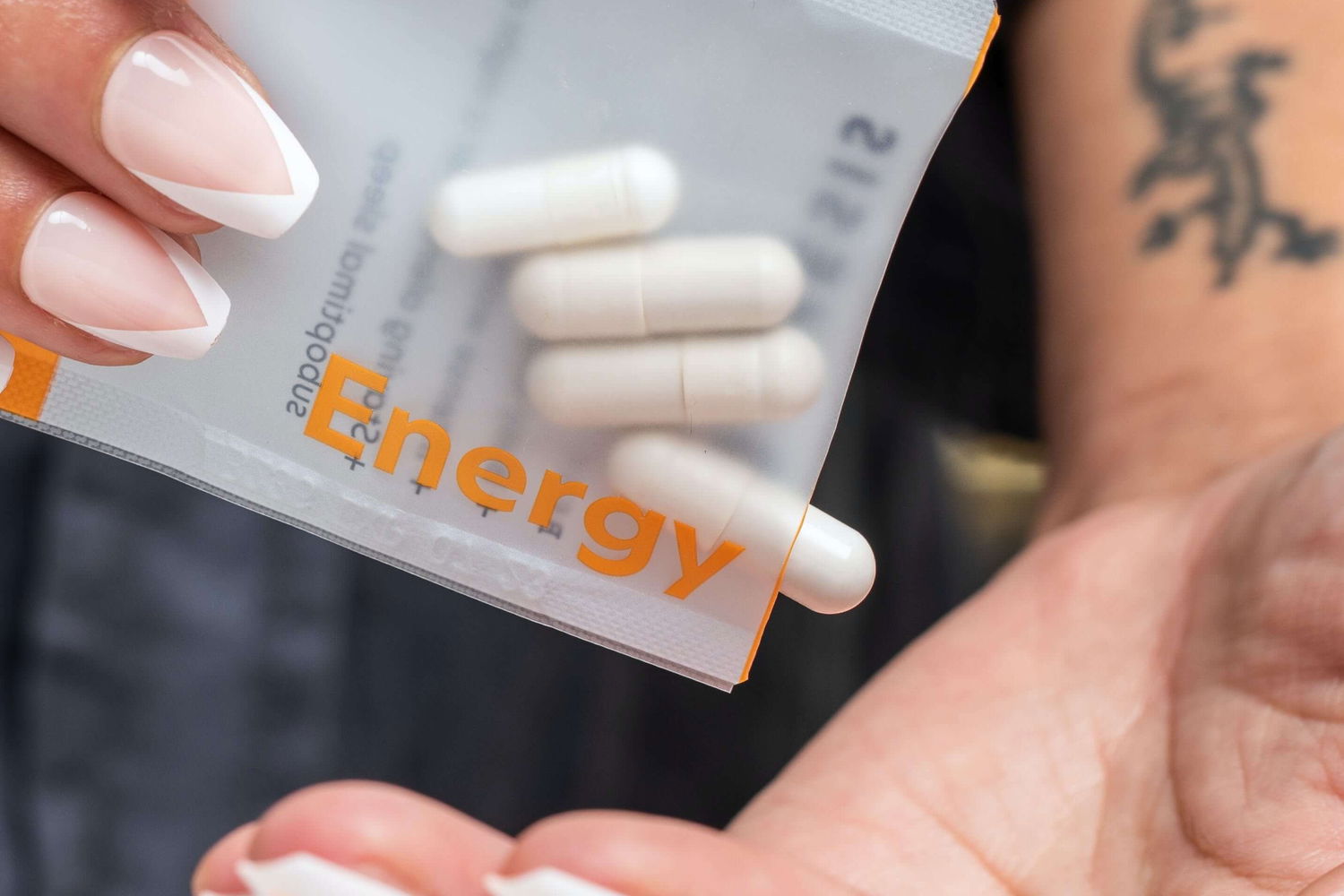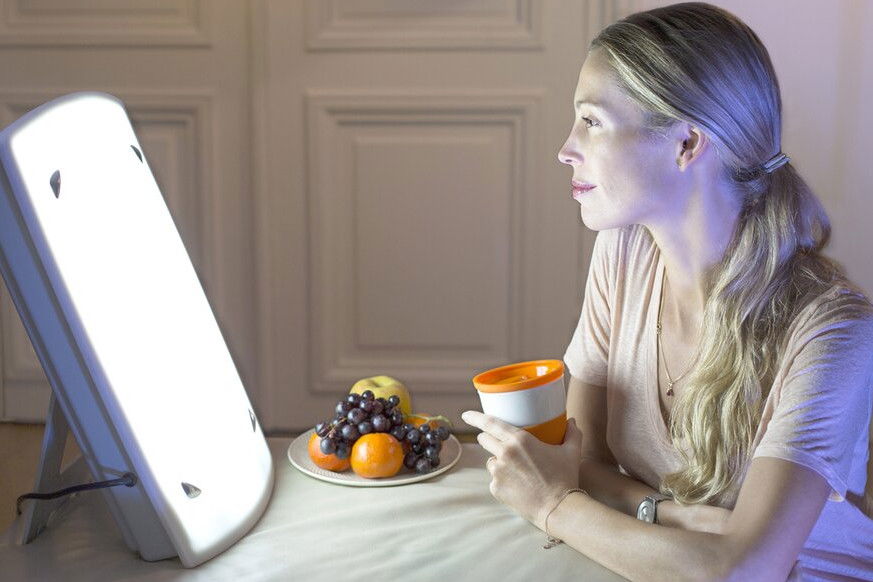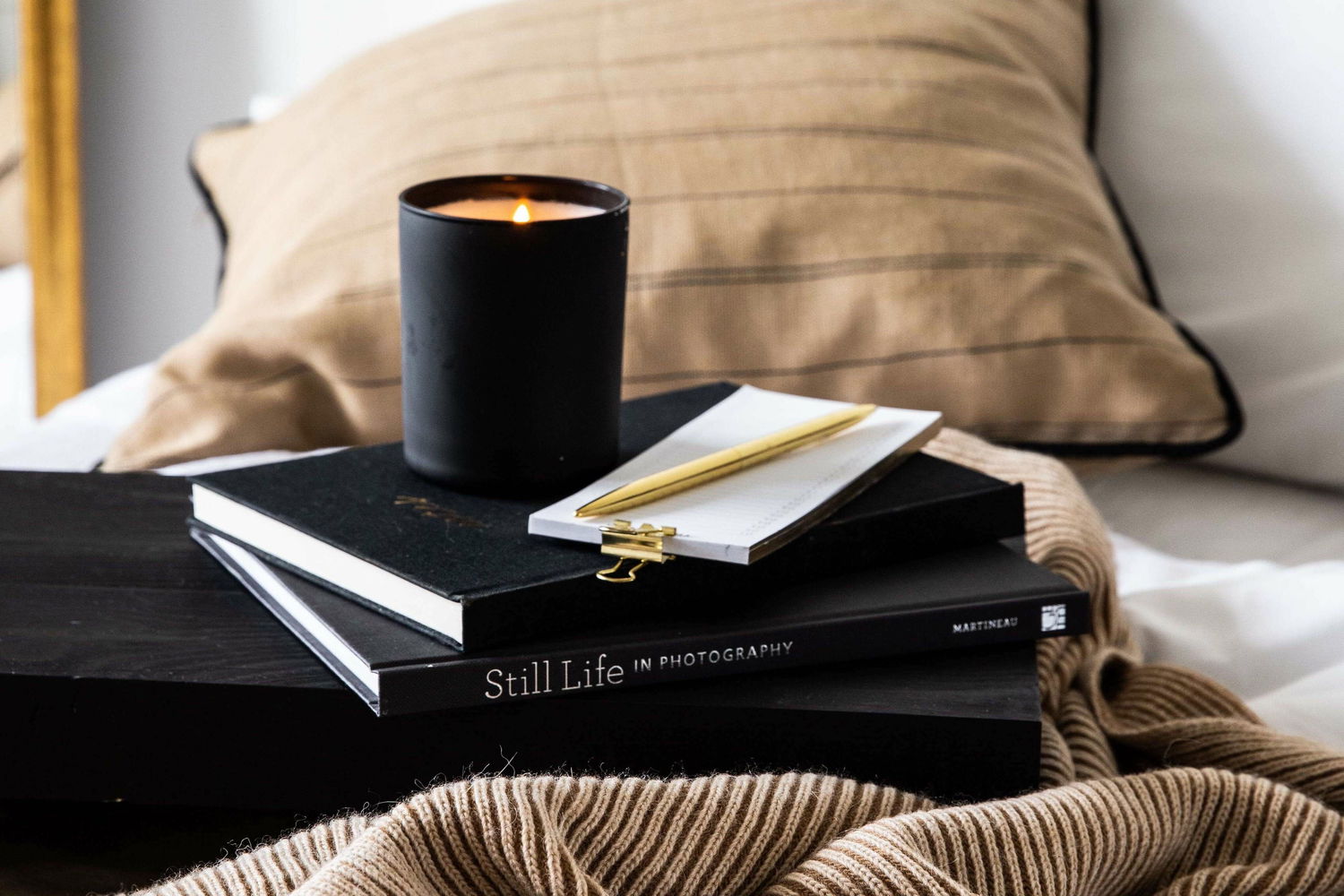Sometimes the short days and cold temperatures of winter can cause you to experience a dip. You feel tired and less comfortable in your own skin. It's worth taking your mental health seriously - any season of the year. Not just because no one likes to feel gloomy in the winter. A winter dip can negatively affect how you feel, how you think and how you handle your daily activities.
Winter dip and winter depression are not the same thing. Winter dip symptoms are mainly fatigue and feeling gloomy. Winter depression goes beyond a dip. You then suffer from depressive symptoms (such as extreme gloom and almost no pleasure in anything) that start in the fall or winter and disappear again in spring.
Why do I feel tired in winter?
The winter blues can make you feel tired. This is because less sunshine makes you sleepy. While in summer we effortlessly get up early for a coffee break and meditation, in winter it can already be a daunting task to get out of bed. But science has an explanation for this!
According to scientists, winter blues have to do with the way our bodies react to daylight. When it is dark, our body makes more melatonin. Melatonin is a hormone that plays a major role in our body's sleep-wake rhythm. In winter, there is little daylight, which causes our body to produce more melatonin. This can make you feel sleepy.
What to do about winter blues
We all feel gloomy at times - this is just part of life. Sometimes we have a good day. Sometimes we have a not-so-good day. But if you feel gloomy, despondent and can't get out of bed, these could be signs that you are suffering from the winter blues.
But there is also good news! There are a few simple things you can do to get rid of your winter blues quickly. We'll give you a few tips.
1. Get outside
The winter blues and a lack of daylight are closely linked. The reason we feel tired and dejected in winter is probably because of the lack of daylight. Therefore, if we want to prevent winter blues, it means that we need to expose ourselves more to daylight.
How exactly does this work? When you go outside, you give your brain a chance to produce serotonin. This is the happiness hormone. A lack of this hormone can cause depressive feelings. Sunlight also plays an important role in regulating our day and night rhythms. Not getting outside much in the winter can cause your sleep-wake pattern to become unbalanced. Exposure to daylight can rebalance this rhythm.
What is the best thing to do?
- Take a morning walk right after getting up
- Sit on your balcony or in the garden in the morning (read the newspaper or do a morning meditation)
- Put your desk near the window so you can work in daylight
2. Take vitamin D
This is a tremendously simple solution! Supplement vitamin D daily (at least 10,000 IU per day). This is because vitamin D increases your serotonin levels, which naturally creates a better mood.
2. Light therapy
If going outside more often doesn't make you feel better, you can also try light therapy. This form of therapy is regularly used with people suffering from winter depression.
All you have to do is put the lamp next to your computer when you are working. If you do not have a sedentary job, you can also make light therapy part of your morning routine. Then sit in front of the lamp for at least 20 minutes. You can combine this with a morning meditation or eating your breakfast.
4. Move
Moving your body naturally provides an energy and mood boost. For example, try a Flow session. This is a workout that combines movement, dance, breath work and visualization. You can do Flow just from the comfort of your own home!
5. Get a good sleep routine
It is important to pay enough attention to your sleep. This is because the quality of your sleep determines how you feel during the day. A poor sleep rhythm can also disrupt your day and night rhythm, which affects your cortisol rhythm and hormone production in a negative way. This all creates unnecessary stress.
Your mental well-being depends largely on your sleep. Therefore, apply the following tips to ensure a good sleep rhythm:
- Go to sleep at set times and get up at set times again
- Establish a simple evening routine (relax with a book, take a hot bath or do an evening meditation)
- Expose yourself to daylight as soon as you wake up
- Avoid electronics in your bedroom (or at least an hour before you go to sleep)
- Write down all your thoughts on paper before bed so you can go into the night feeling calm


